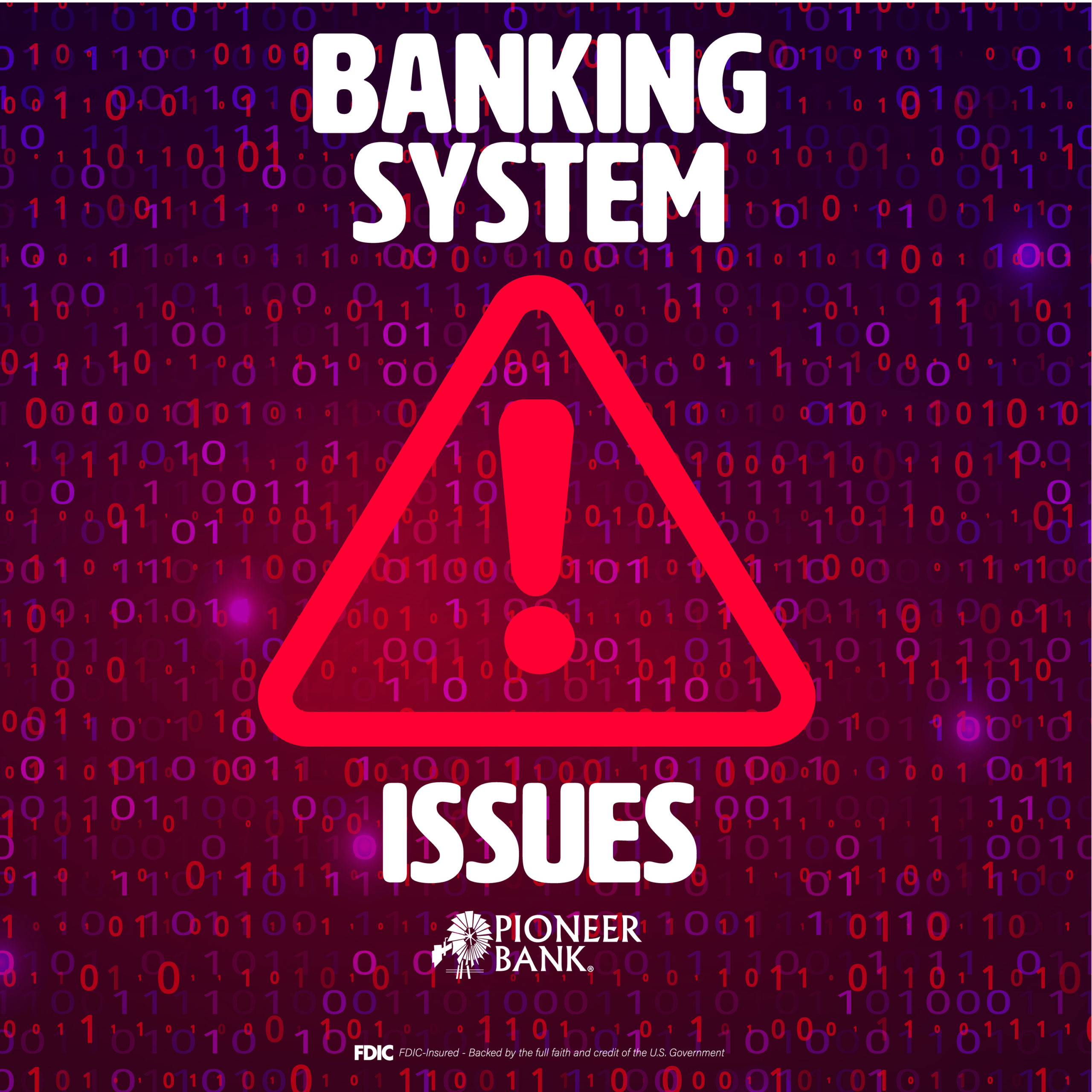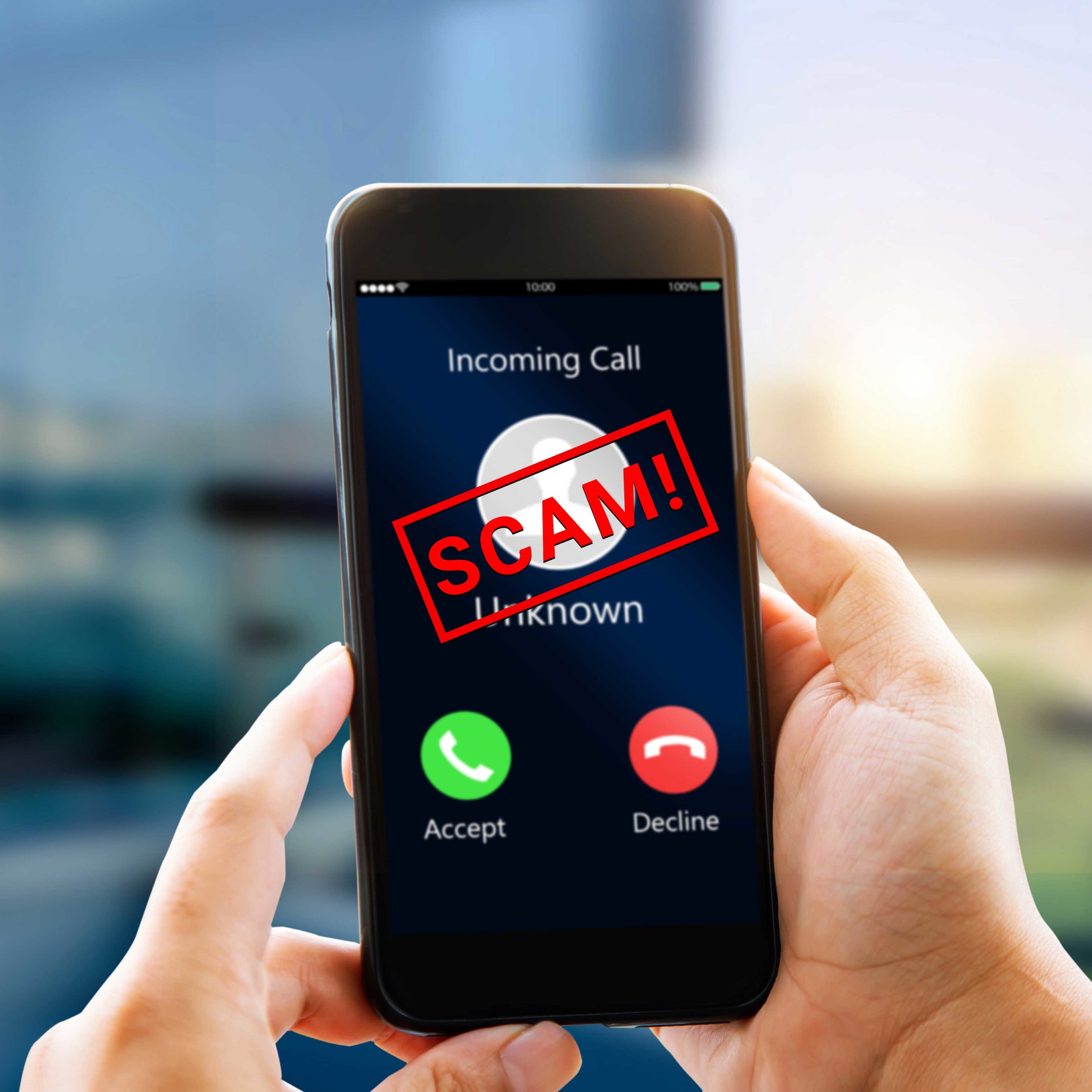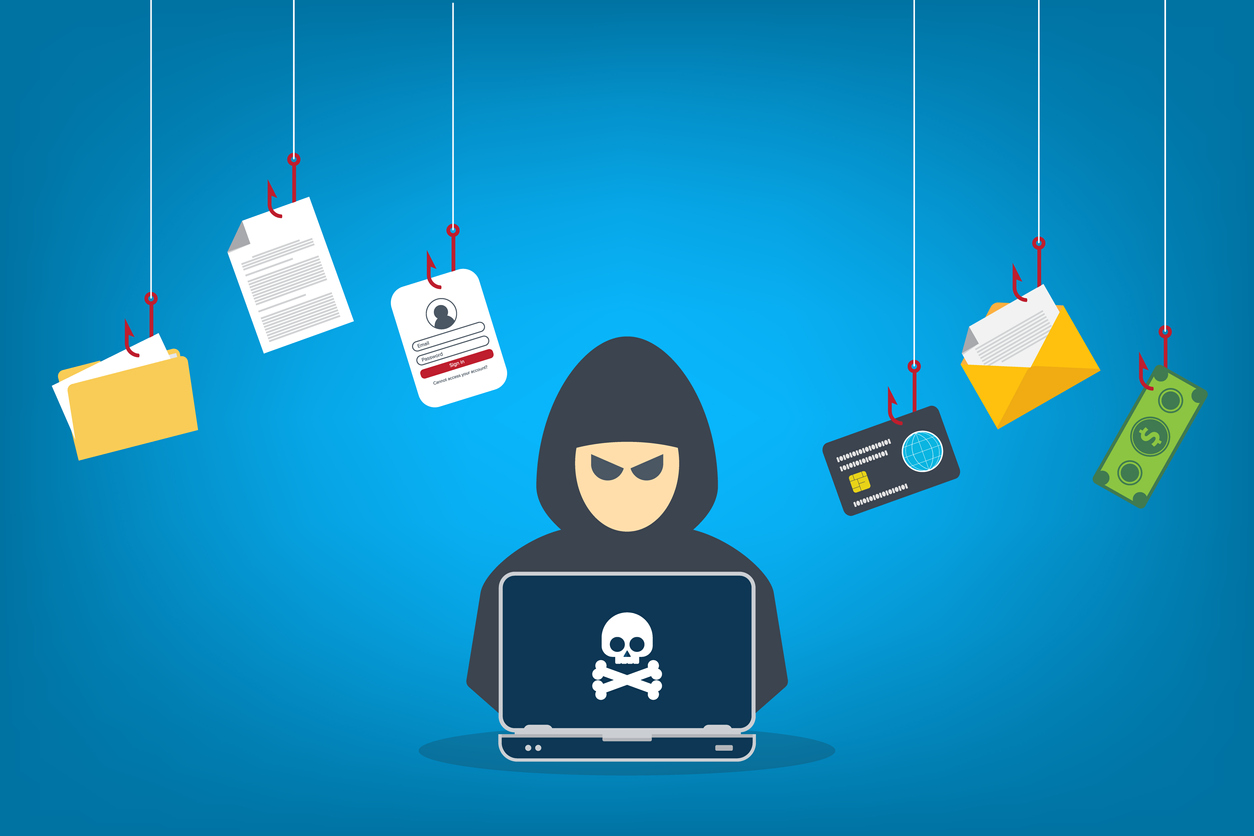 The IRS has issued warnings about the Coronavirus-related scams; watch out for schemes tied to economic impact payments.
The IRS has issued warnings about the Coronavirus-related scams; watch out for schemes tied to economic impact payments.
Never provide personal financial information, including your Social Security number, account numbers or passwords, over the phone or the Internet if you did not initiate the contact.
The IRS reminds taxpayers that scammers may:
- Emphasize the words “Stimulus Check” or “Stimulus Payment.” The official term is economic impact payment.
- Ask the taxpayer to sign over their economic impact payment check to them.
- Ask by phone, email, text or social media for verification of personal and/or banking information saying that the information is needed to receive or speed up their economic impact payment.
- Suggest that they can get a tax refund or economic impact payment faster by working on the taxpayer’s behalf. This scam could be conducted by social media or even in person.
- Mail the taxpayer a bogus check, perhaps in an odd amount, then tell the taxpayer to call a number or verify information online in order to cash it.
Reporting Coronavirus-related or other phishing attempts
Those who receive unsolicited emails, text messages or social media attempts to gather information that appear to be from either the IRS or an organization closely linked to the IRS, such as the Electronic Federal Tax Payment System (EFTPS), should forward it to phishing@irs.gov.
Taxpayers are encouraged not to engage potential scammers online or on the phone. Learn more about reporting suspected scams by going to the Report Phishing and Online Scams page on IRS.gov.
Official IRS information about the COVID-19 pandemic and economic impact payments can be found on the Coronavirus Tax Relief page on IRS.gov. The page is updated quickly when new information is available.




